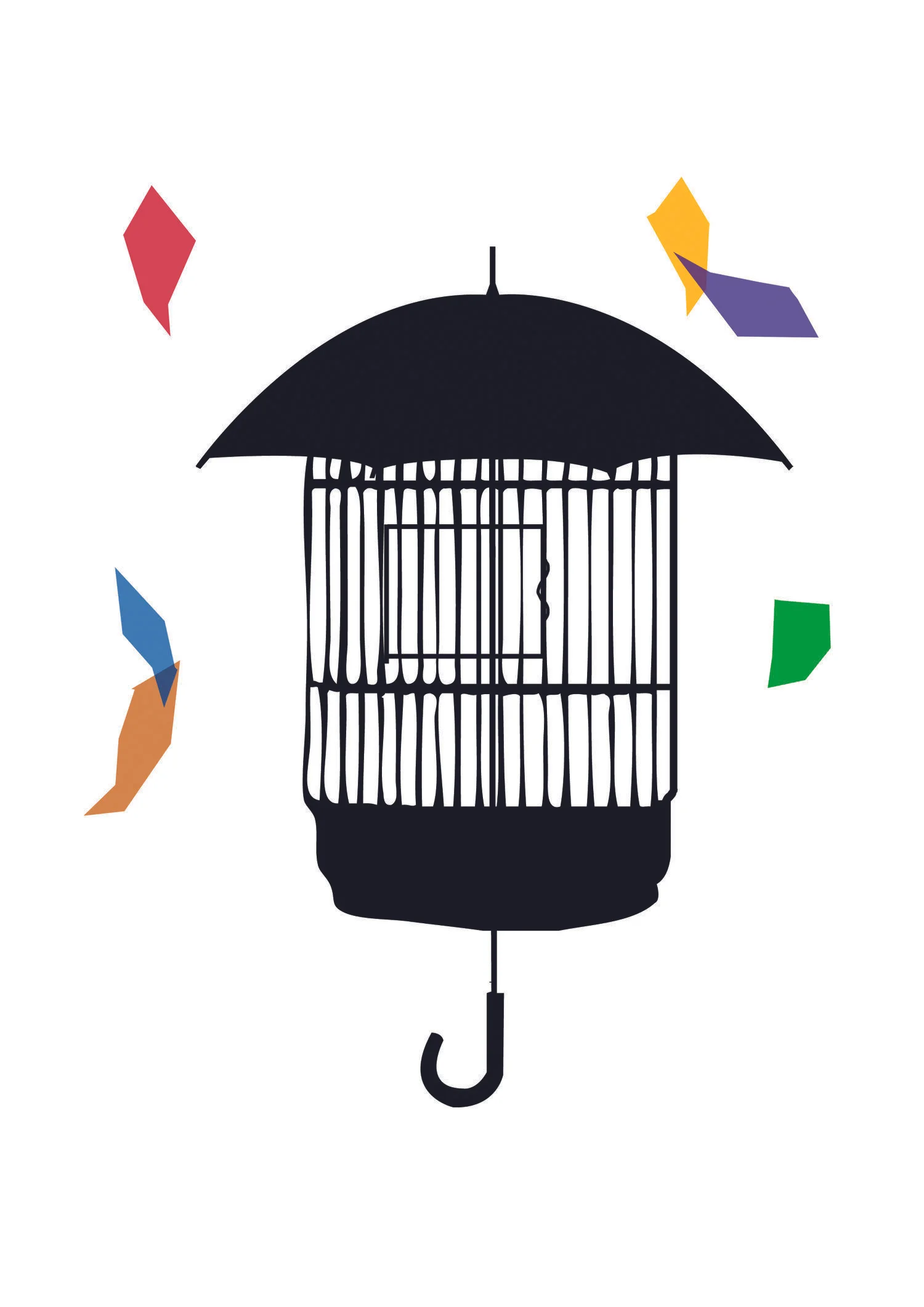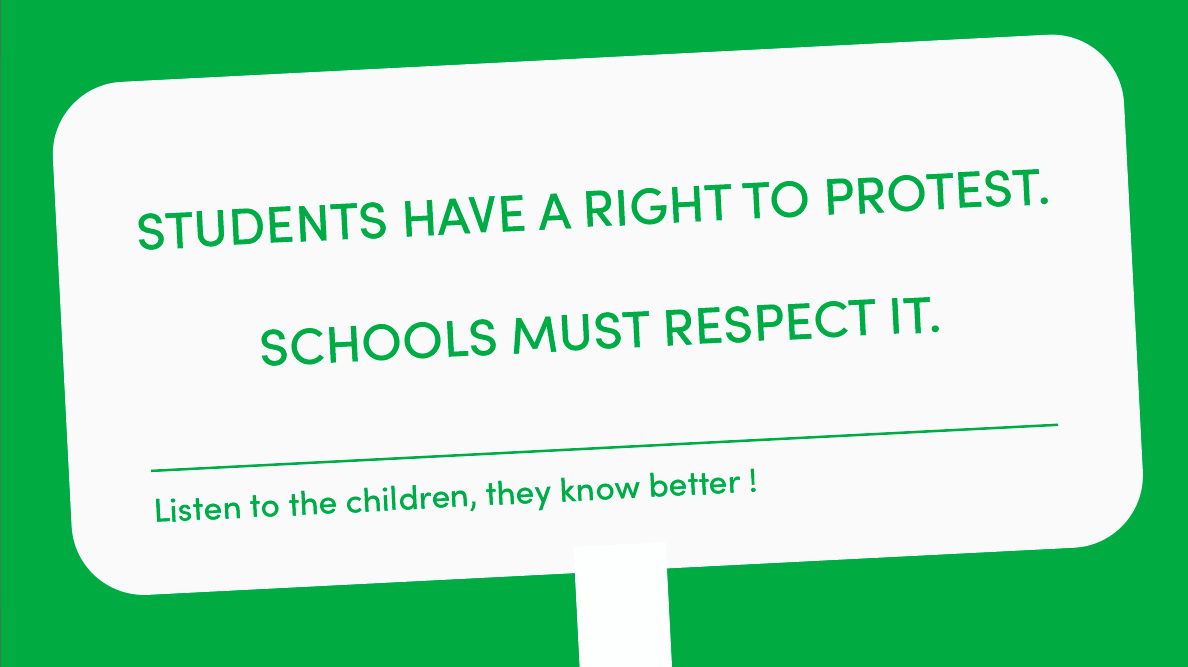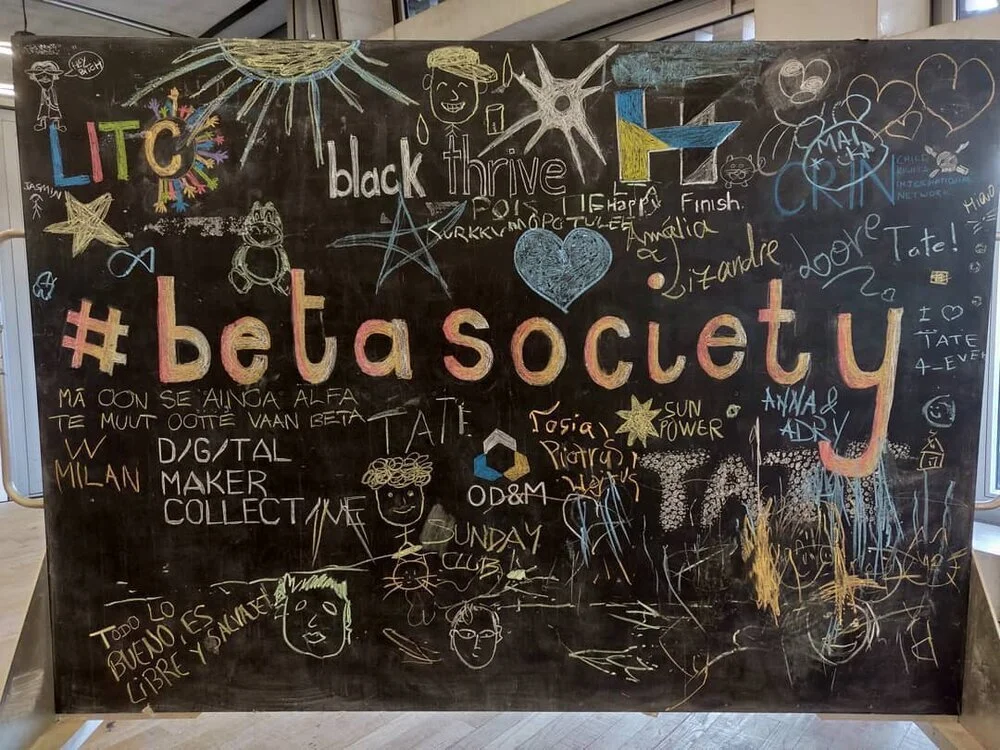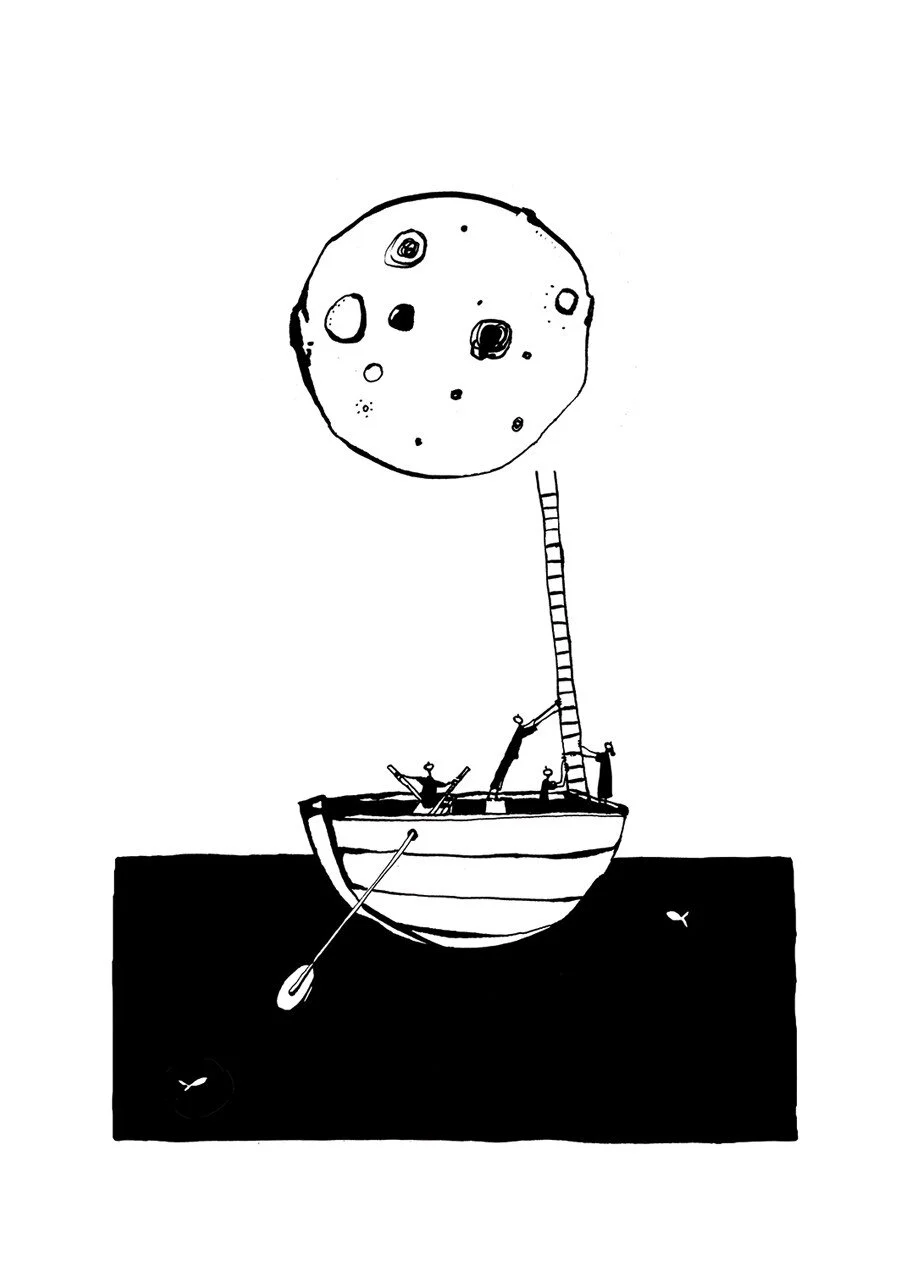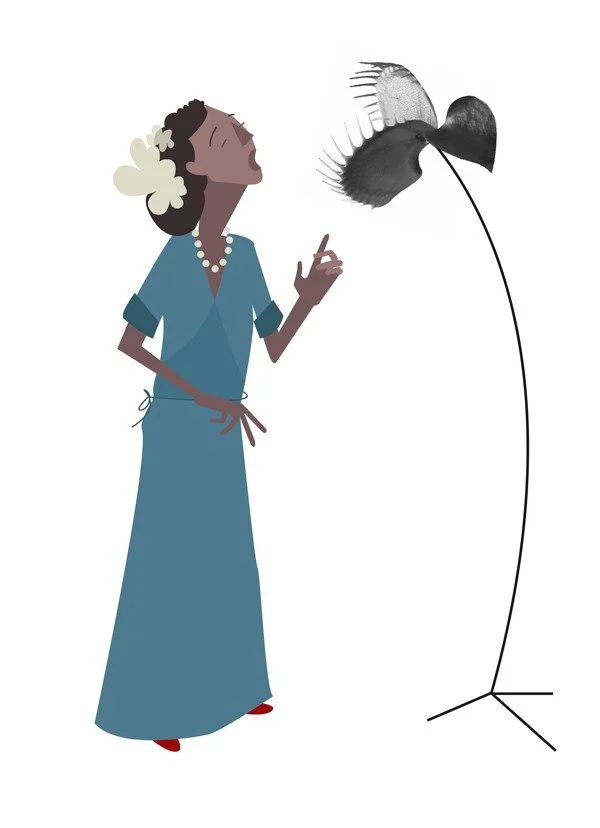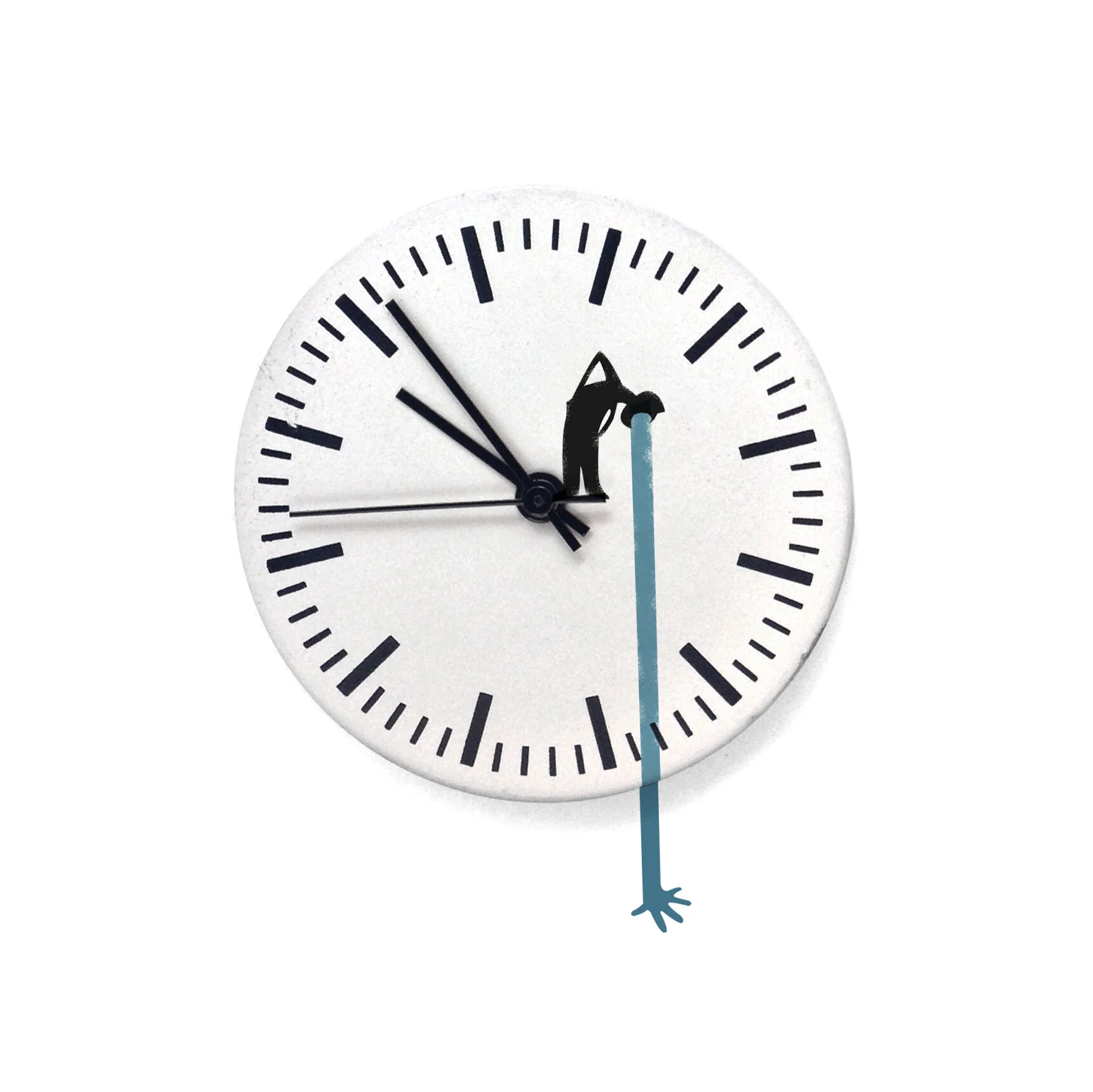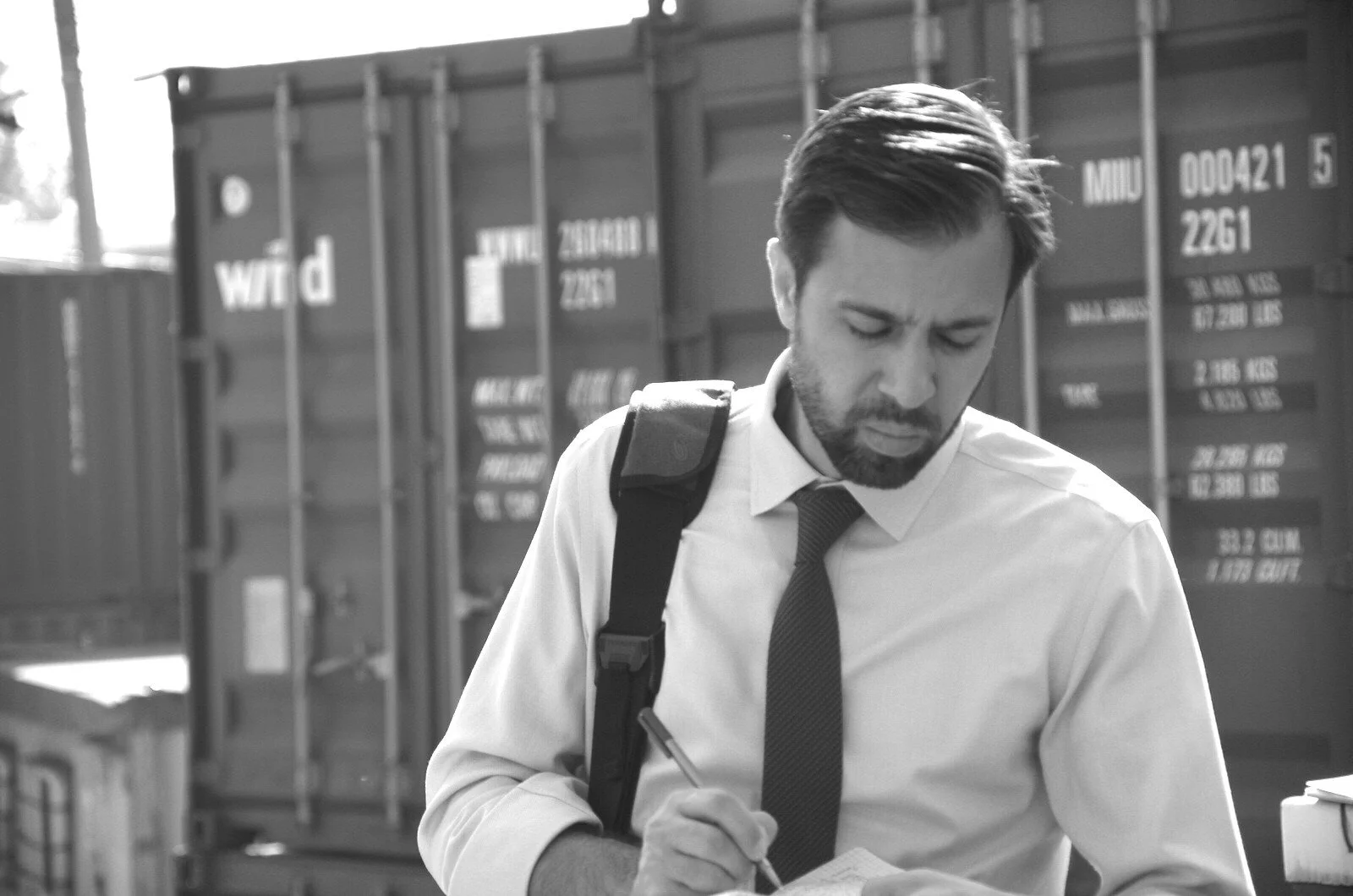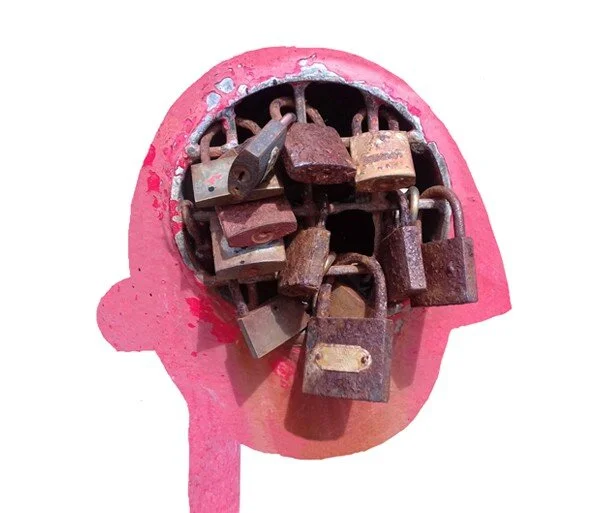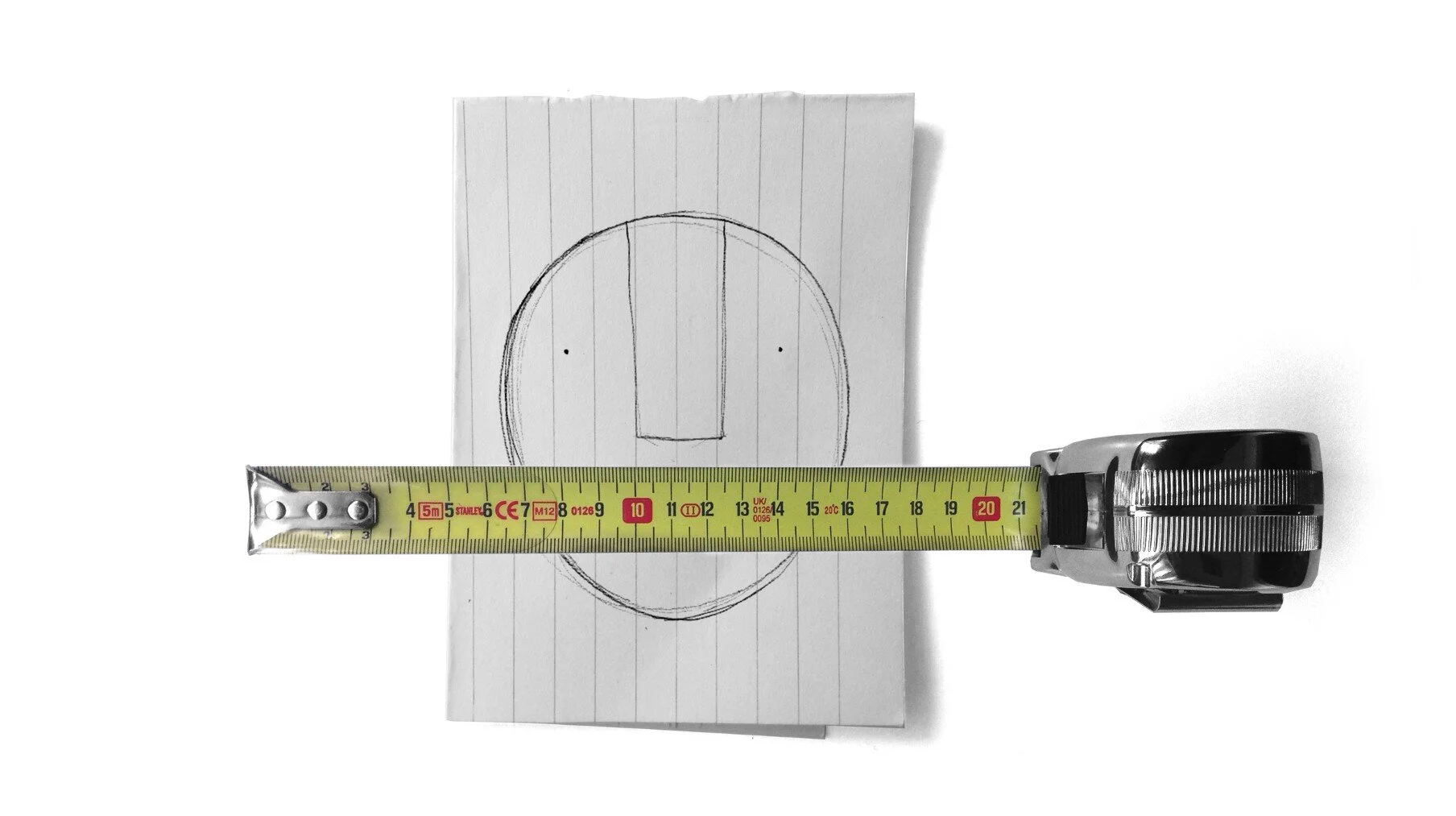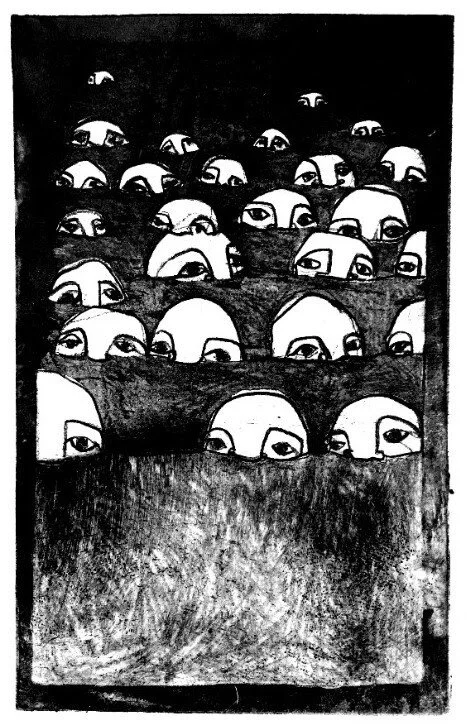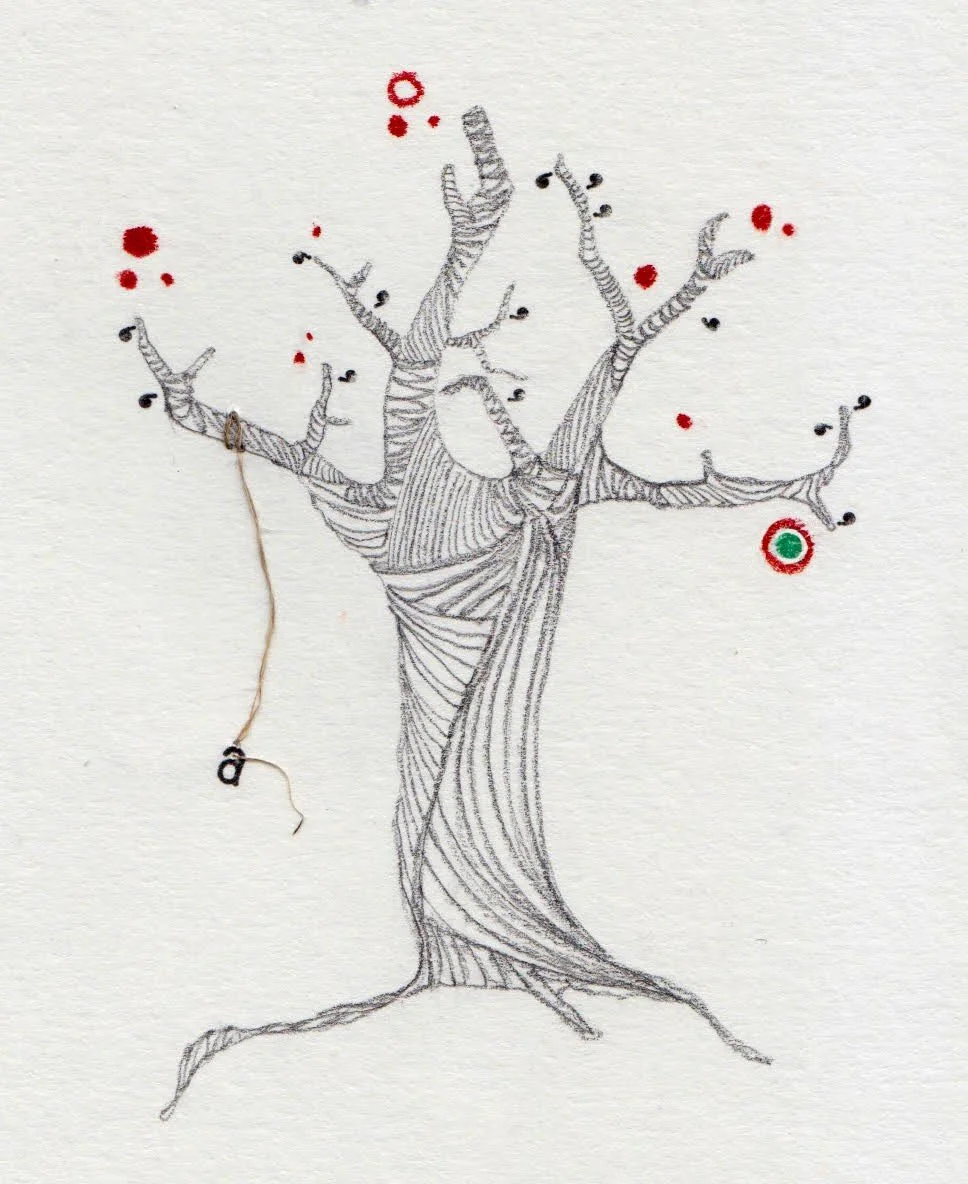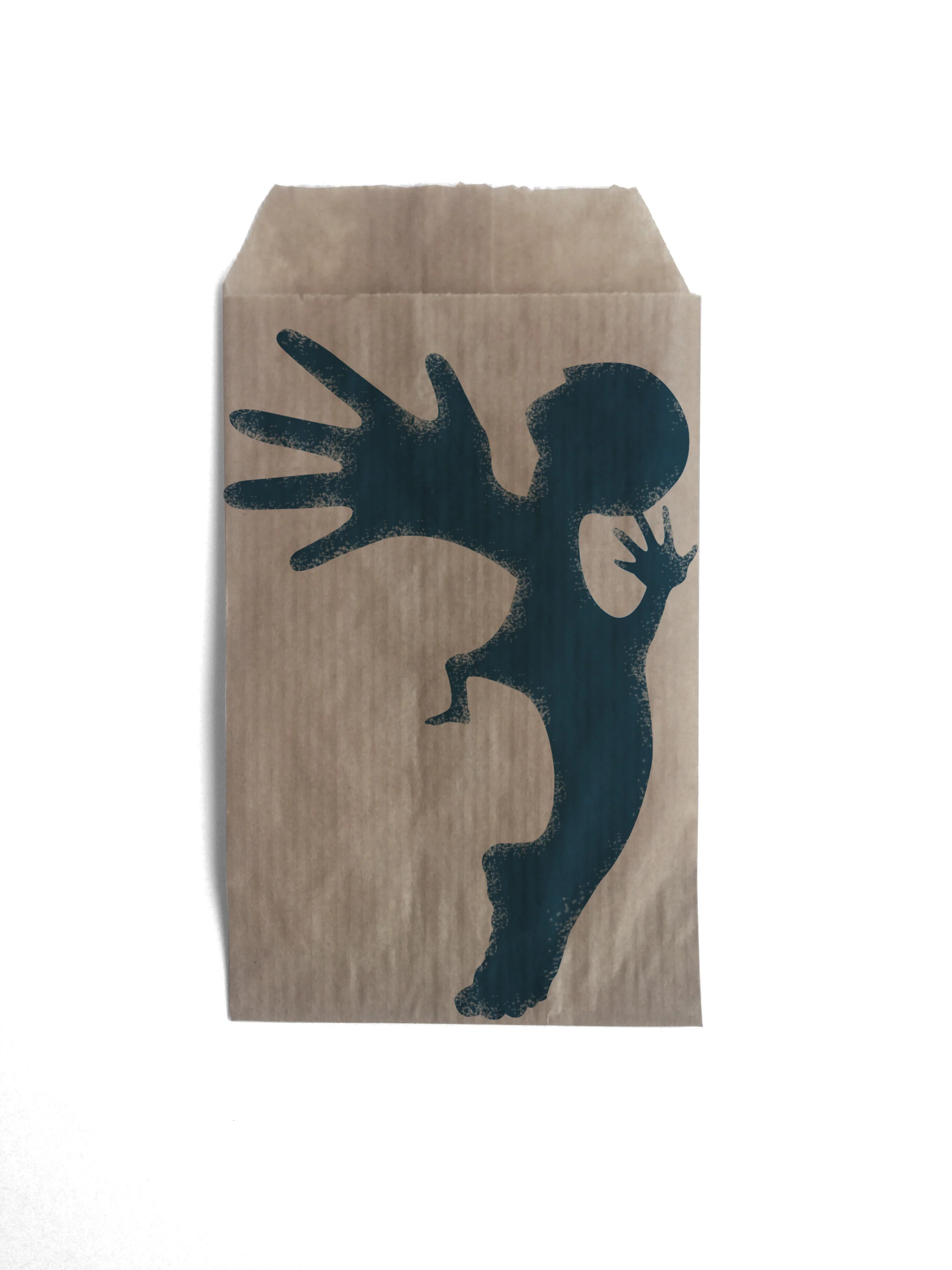In our latest case study on the stories behind strategic children's rights litigation, we examine several challenges to Russia's "gay propaganda" laws. Passed using the protection of children as an excuse to silence public discussions and positive messages about LGBT issues, these laws effectively deny freedom of expression and access to information on gender and sexual diversity.
Read MoreSchool students have led major protests in recent months against climate change negligence and stood up to the complacency of passive politicians. CRIN has written a statement supporting the student strikes, along with a template students can use to challenge the threat of punishments for protesting.
Read MoreCRIN joined forces with the Digital Maker Collective in March as part of the week-long event called BETA Society hosted by Tate Exchange. It brought together tech activists, students, creatives and the public to explore ideas for making society a better, fairer place. For our part, we organised Beta Utopia — a first attempt at drawing a picture of a world where human rights are respected, where problems come with solutions, and where anyone can pick up a pen and contribute.
Read MoreMore than a third of the world’s children currently live in Commonwealth countries, a so-called family of nations that shares a dark legacy of colonialism, violence and discrimination. Rather than celebrate its history, we think the Commonwealth Secretariat should apologise for it. And surprise surprise, here's an apology we prepared earlier!
Read MoreCRIN is launching Utopia — a new collaborative project that draws a picture of what a rights-respecting world would look like, bringing together the factual and imaginary as a tool for change.
Read MoreIt was the poet and music critic Stanley Crouch who said “Jazz predicted the civil rights movement more than any other art in America.” But it was the famous trumpeter and composer Miles Davis who said, “Don’t call it jazz. Call it social music”.
Read MoreMost cases of sexual abuse of children are never disclosed let alone reported to the authorities. This silence is made worse when the very laws intended to hold perpetrators to account prevent survivors from seeking justice. Time limits on bringing legal action do exactly this. So how are States dealing with limitation periods in the face of systemic child sexual abuse within their own borders?
Read MoreChemical company seeks whistleblower
Read MoreCRIN calls for the Philippines to abandon proposals to lower the minimum age of criminal responsibility and instead focus on reforms that will effectively address crime.
Read MoreVeronica Yates, Director of CRIN, in conversation with Baskut Tuncak UN Special Rapporteur on human rights and toxics.
Read MoreLike all bad things left unsaid, uncovered, unacknowledged, unchallenged or even actively suppressed, they are allowed to fester like a dirty wound — and sexual violence is no exception. While all problems have a beginning, not all problems have an end — at least not one that’s in sight — and there are always reasons why things continue to happen
Read MoreOurs is a world run by adults with rules set by adults, but it’s today’s children who will inherit the consequences in years to come of adults’ political choices, despite having had no say in how those choices were made.
Read MoreUnder-18s represent almost a third of the world’s population, yet unlike adults, they have no say in the rules and laws that govern their lives or in deciding who gets to make them. But is it fair to systematically silence such a vast number of people just because of their age? Or is it discrimination on an unprecedented level?
Read MoreOurs is a world run by adults with rules set by adults, but it’s today’s children who will inherit the consequences in years to come of adults’ political choices, despite having had no say in how those choices were made.
Read MoreIn 2014 Baskut Tuncak was appointed as the UN’s top expert on human rights and toxics, a topic which some of the world’s governments have argued is not a human rights issue at all.
Read MoreToxic chemicals are everywhere. In the food we eat, the water we drink, even the air we breathe. We are constantly exposed to a cocktail of dangerous elements, often without our knowledge or consent.
Read MoreNot long ago CRIN created some special bingo cards for our trips to the UN to lighten the mood and enhance everyone’s listening skills. The diplomats and experts seemed to enjoy them, and we think you will too.
Read MoreWell, children are humans. All humans have rights. Therefore children have human rights. Easy. Or so it should be. But in reality, it isn’t so simple.
Read MoreChildren enjoy a vast array of rights, but there’s one set that’s conspicuous by its absence: political rights. Best represented by the right to vote, political rights are a defining characteristic of any democracy, and one of their key purposes is to give voice to all citizens, including those who might otherwise not be heard.
Read MoreChildren enjoy a vast array of rights, but there’s one set that’s conspicuous by its absence: political rights. Best represented by the right to vote, political rights are a defining characteristic of any democracy, and one of their key purposes is to give voice to all citizens, including those who might otherwise not be heard.
Read More
